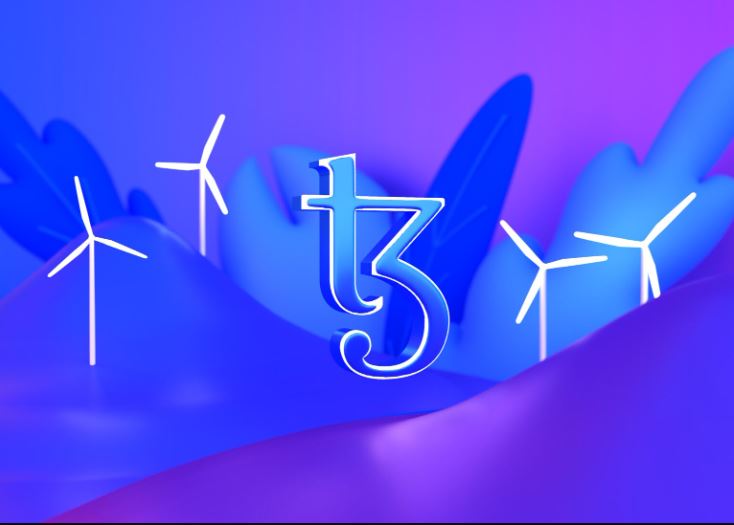
How blockchain technology can be applied to generate social impact

Blockchain creates an unalterable record of transactions with end-to-end encryption to shut out fraud and unauthorized activity. In fact, data on the blockchain is stored across a network of computers, making it nearly impossible to hack, unlike conventional systems that store one copy of the data on servers. Why this beautiful story is never really told about blockchain becomes a bit befuddling.
Honestly, blockchain is more than a trustless technology. By removing third parties, it can be used for a mass of applications, such as smart contracts, the creation of digital assets and data collection to name a few. There are many use cases where blockchain could be applied. Did you know that blockchain could actually be applied for social impact too? Let’s take a look:
Imagine crowd funding but with the addition of smart contracts that could automatically and securely pay out to shareholder profits according to how the contracts are created. It reduces the need for intensive legal and financial intermediaries which is typically a long and expensive process with impact investing. Increased data collection via the blockchain would also assist in accurate measurement and valuation of investment outcomes.
Blockchain is a powerful tool that can significantly improve the transparency, accountability and traceability of greenhouse gas emissions. It helps companies provide more accurate, reliable, standardized, and readily available data on carbon emissions. Renewable energy delivery can also be distributed with localized peer-to-peer renewable energy exchanges. For example, a blockchain-based solar power exchange allows solar panel owners to trade surplus energy with their neighbors or apartment blocks.
Blockchain applications can accurately identify severe mistakes and even dangerous errors in the medical field. Another serious concern in the healthcare industry is for hackers to gain access to sensitive patient data. Blockchain technology provides a secure way to store and share data. It can ensure the integrity of all the medical records.
Instant and borderless transfer of digital currencies to charitable organizations and emergency support will allow faster, more targeted response rates. Lower cost in transferring funds internationally could increase in charity donations. Blockchain can also smooth and speed up the identity verification process of international volunteers working for charities. Emergency Aid management processes are often delayed, and the technology can verify large numbers of volunteers where verified work history records are readily accessible.
Blockchain can tackle inequality whether it is gender, economic, class, caste, or political inequality by providing a new form of data-driven technology that enables the implementation of social compliance in organizations.
Counter measures to unemployment could include smart contracts and incentives to engineer positive social impact and increase accuracy in the monitoring of any welfare support. Blockchain can also give the unbanked and underbanked population access to financial products and services where the traditional financial system is more targeted to the privileged population.
You see? blockchain is not a sham afterall.
Please contact CSR Reporters for smart ways you can make social impact using that business you run right now.









